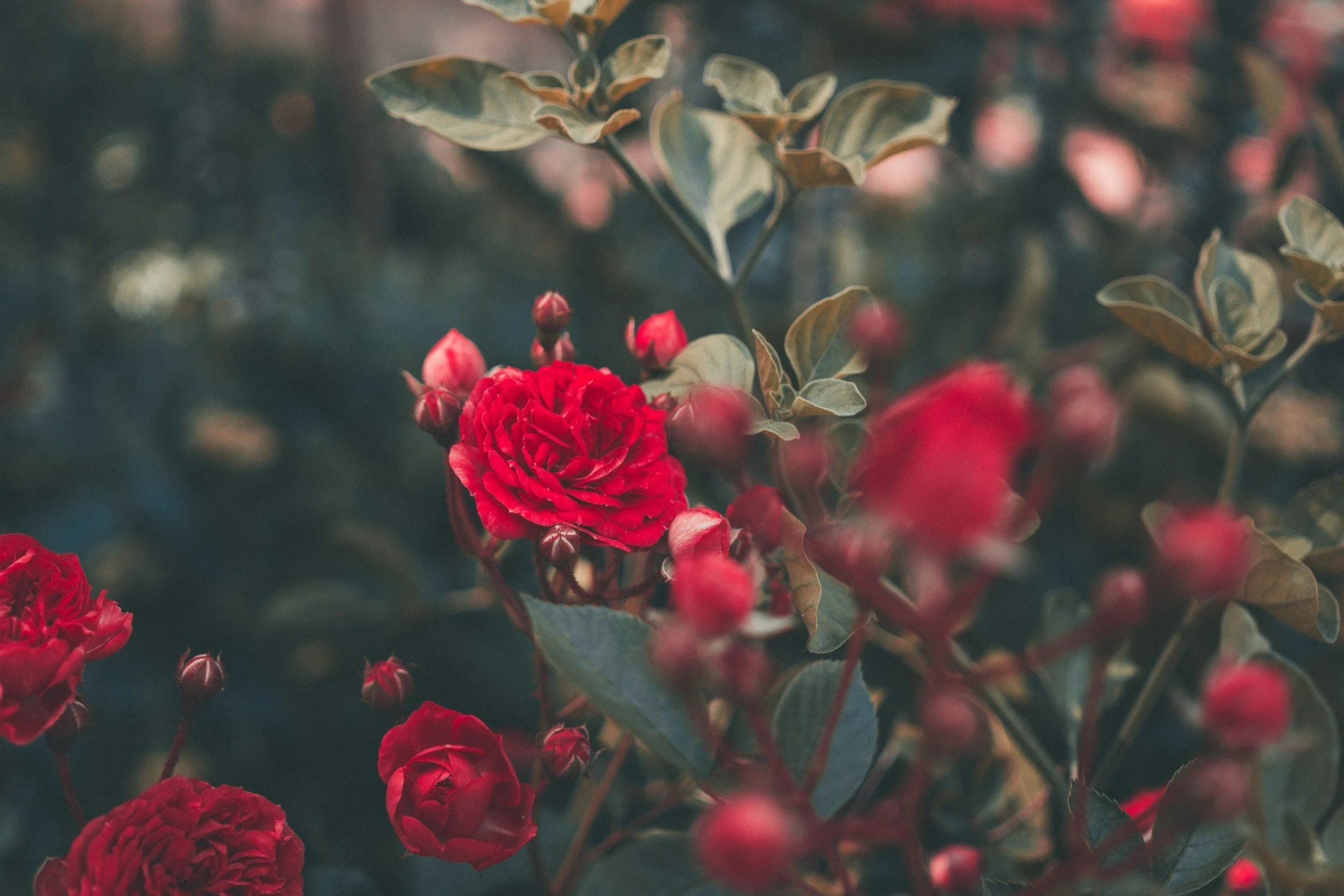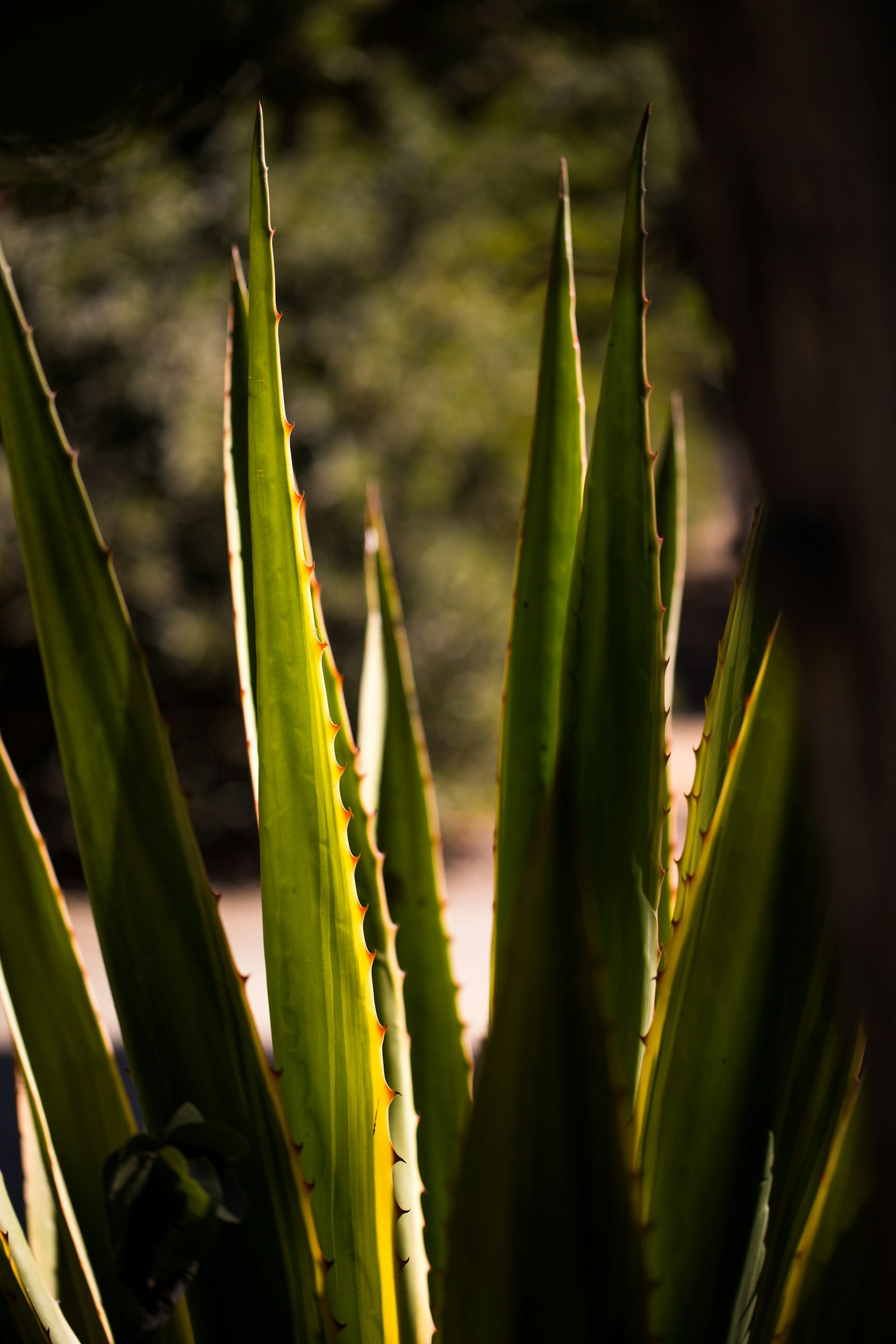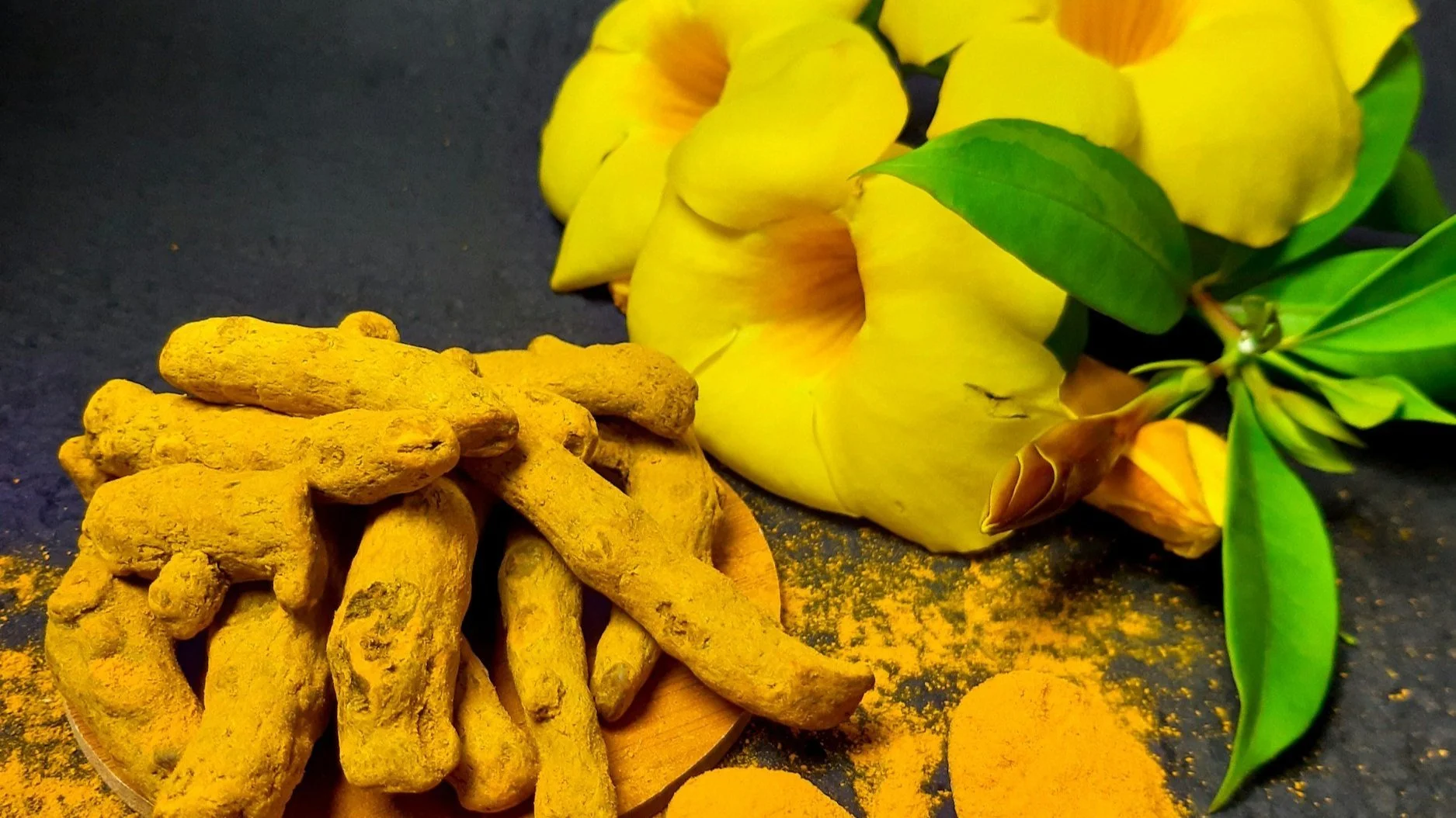Ancient Skincare Ingredients: Timeless Wisdom for Glowing Skin
Skincare has always been more than just a modern-day obsession. Ancient civilizations used nature’s most potent ingredients long before the first beauty product was ever mass-produced. From the rich history of honey used by Egyptians to the timeless appeal of aloe vera, these ingredients were cherished for their healing properties and still carry immense power today. Let’s explore the ancient skincare secrets that have lasted through the ages, how they were used by their civilizations, and why they’re making a comeback in today’s beauty world.
Honey: The Elixir of the Gods
Honey has been a prized beauty secret since ancient Egypt, where it was considered a gift from the gods. Cleopatra herself is said to have bathed in honey to preserve her youth and beauty, and the ancient Egyptians used it in skincare rituals for its moisturizing and healing properties. Honey was often mixed with milk or oils to create nourishing face masks, applied directly to the skin, or used to heal wounds and prevent infection. It was even used in embalming practices because of its antibacterial properties. The Egyptians also believed honey held mystical powers, making it an essential part of their beauty and spiritual rituals.
But what makes honey so special? Honey is a natural humectant, meaning it attracts moisture from the air and locks it into the skin, ensuring long-lasting hydration. Its enzymes also serve as a gentle exfoliant, removing dead skin cells and revealing a smoother, more radiant complexion. Even today, honey’s antimicrobial properties make it an excellent treatment for acne, as it helps to prevent breakouts by reducing bacteria on the skin. Additionally, its antioxidant properties protect the skin from free radical damage, slowing the aging process and preserving a youthful glow.
Rose Water: The Floral Treasure of Ancient Persia
Rose water’s luxurious reputation traces back to ancient Persia, where it was not only used as a beauty treatment but also as a sacred, aromatic substance. Persian royalty, including the famous Queen Cleopatra, used rose water in their skincare regimens. It was believed that the delicate fragrance and properties of rose water would balance both the skin and the spirit. The ancient Persians were the first to distill rose petals into rose water using steam, a practice that spread across the ancient world as it became an essential beauty product.
Rose water’s benefits have stood the test of time. Known for its anti-inflammatory properties, it was used by ancient cultures to soothe irritated skin and reduce redness. Rose water also helped to maintain the skin’s pH balance, which is crucial for a healthy complexion. The powerful antioxidants in rose water, such as vitamin C, continue to protect the skin from oxidative stress, fighting environmental damage. In ancient Persian culture, it was believed that rose water also promoted relaxation and helped to calm the mind, making it a beautiful ritual for self-care.
Aloe Vera: The Ancient Healer
Aloe vera is one of the most ancient skincare ingredients, dating back over 6,000 years. The ancient Egyptians referred to aloe vera as the "plant of immortality" and used it not only in their beauty rituals but also as a powerful healing herb. Cleopatra and Nefertiti are said to have applied aloe vera to their skin for a glowing complexion, and it was even included in ancient Egyptian burial rituals for its ability to preserve the body’s skin. Aloe vera was also used by the ancient Greeks and Romans to treat burns, wounds, and skin conditions.
In these early cultures, aloe vera was used topically for its cooling and hydrating properties. The Egyptians often used the gel to soothe burns, heal wounds, and prevent scarring. Aloe’s regenerative qualities are still widely used today, as it accelerates the skin's ability to heal and regenerate. Rich in vitamins A, C, and E, aloe vera promotes healthy skin by nourishing and reducing signs of aging. Its high water content helps to deeply hydrate the skin, while its anti-inflammatory properties calm irritated skin. Aloe vera continues to be used in modern skincare for its versatility and skin-loving benefits.
Turmeric: The Golden Spice of Ayurveda
In ancient India, turmeric was a key element in Ayurvedic practices, celebrated for its medicinal and beauty-enhancing properties. The ancient Ayurvedic texts describe the use of turmeric in facial masks, often combined with milk or honey, to promote glowing skin and reduce inflammation. It was also used in oil massages to soothe irritated skin and reduce redness or swelling. Turmeric was a symbol of purity, auspiciousness, and good health in ancient India.
The active compound in turmeric, curcumin, has powerful antioxidant and anti-inflammatory properties. Ancient Indian practitioners used turmeric to treat a variety of skin conditions, including acne and eczema, due to its ability to fight bacteria and reduce swelling. It also brightens the complexion by inhibiting the production of melanin, making it a natural remedy for hyperpigmentation. Today, turmeric remains a go-to ingredient in skincare, especially in masks and serums targeting dull, uneven skin tone. It continues to be used in modern formulations due to its ability to rejuvenate the skin and fight visible signs of aging.
Olive Oil: The Mediterranean Miracle
Olive oil has been an integral part of Mediterranean skincare for centuries. The ancient Greeks, Romans, and Egyptians used olive oil in daily beauty rituals for its nourishing and hydrating effects. Cleopatra was particularly fond of using olive oil in her beauty routine, often adding it to bathwater for its moisturizing properties. In ancient Greece, olive oil was also used in body scrubs, helping to exfoliate the skin and remove impurities while leaving it soft and glowing. The Greeks believed that the olive tree was sacred to the goddess Athena, and olive oil was used as a symbol of beauty and peace.
Packed with antioxidants, particularly vitamin E, olive oil has been a trusted skincare ingredient throughout history. The ancient Greeks believed that olive oil had rejuvenating qualities, preventing wrinkles and aging signs. Olive oil’s ability to deeply moisturize the skin and lock in hydration remains one of its most prized qualities, along with its ability to protect against oxidative stress and environmental damage. Today, olive oil is still used in a variety of skincare products, from cleansers to moisturizers, for its ability to nourish and protect the skin.
Seaweed: The Ocean's Nutrient-Rich Gift
Seaweed has been a staple in Eastern skincare traditions, particularly in Japan, Korea, and China, for centuries. In ancient Japan, seaweed was used as a food and beauty product by the elite, including geishas, who used seaweed-based baths to enhance their skin’s radiance. Seaweed’s high mineral content was considered essential for nourishing the skin and preserving its youthful appearance. The Japanese believed that seaweed promoted longevity and health, both internally and externally. Seaweed was also used by Chinese emperors and in Korean beauty traditions to fight inflammation, improve skin elasticity, and detoxify.
The most popular types of seaweed used in ancient and modern skincare include nori, wakame, kombu, and kelp. Nori, widely known for its use in sushi, is rich in amino acids and vitamins that hydrate and regenerate the skin. Wakame is particularly high in calcium, magnesium, and iodine, which help to repair and nourish the skin. Kombu and kelp, used for centuries in both Japan and Korea, are rich in fucoidan, a compound that helps to lock moisture into the skin, making it an excellent anti-aging ingredient. These types of seaweed also provide essential trace minerals that help balance the skin’s pH and detoxify it from environmental pollutants.
In modern skincare, seaweed remains popular for its ability to hydrate, detoxify, and regenerate the skin. Seaweed’s antioxidants help protect the skin from free radical damage, while its minerals support collagen production and skin elasticity. Today, you’ll find seaweed in everything from face masks to moisturizers, offering deep hydration and protection from environmental stressors.
These ingredients have been cherished for their extraordinary effects on the skin throughout history. From the sacred uses of honey by the ancient Egyptians to the healing powers of aloe vera in traditional Egyptian culture, these age-old remedies continue to shine in modern skincare. If you’re looking for a natural, time-tested way to care for your skin, consider tapping into the wisdom of the ancients—these ingredients have survived the ages for a reason.





